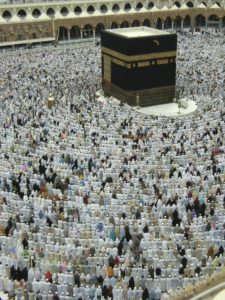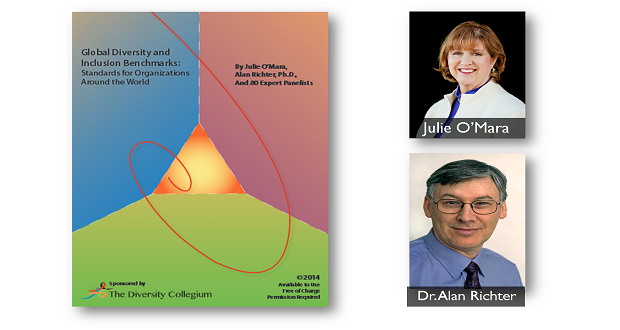 These are clearly tumultuous times. It seems that we are more polarized than ever before here at home and around the world. As we are well aware, this week’s attention is on Muslim attacks of violence against US embassies over an independent film that disparaged the Prophet Mohammad. A number of innocent lives have been lost and Islamaphobia in the US has reached a new peak.
These are clearly tumultuous times. It seems that we are more polarized than ever before here at home and around the world. As we are well aware, this week’s attention is on Muslim attacks of violence against US embassies over an independent film that disparaged the Prophet Mohammad. A number of innocent lives have been lost and Islamaphobia in the US has reached a new peak.
There is a vast divide in cultural understanding that underpins this situation. We, in the US value freedom of speech which one could argue is what the filmmaker was exercising.
A religious scholar in Egypt told The New York Times, “Our prophet is more dear to us than our family or our nation.” Muslims in the Middle East don’t understand that America’s concept of free speech protects this kind of denigration of any religion.
The violence is deplorable. There are many peaceful ways that we can deal with our religious differences. I don’t want this and other recent acts by minority fringe groups to allow the divide to grow even more.
First we have to stop stereotyping all Muslims as anti-American, violent extremists. By the same token, Americans should not all be cast as anti-Muslim. These horrific acts on both sides are being perpetrated by a small number of people.
Second, we, collectively, as a planet should do much more to promote understanding of different religions. During World Prayer Week each year my Unity Church holds an interfaith worship service where we invite area religious leaders from a number of different faith expressions. This may seem like a small act but it fosters greater understanding not only of our differences but also our similarities.
Third, ongoing dialogue is needed. I heard an expert on Fox News last weekend maintain that “these people” (not sure if he meant all Muslims or just the radical faction) are not our friends and that attempts at diplomatic relations are futile. I am of the opinion that we should never give up trying to bridge religious and other differences. What do we achieve with an “us” and “them” stance where each side judges the other in absolute measures? We live on an interdependent planet where we must share our resources for its survival. As author Alice Walker put it: “It just seems clear to me that as long as we are all here, it’s pretty clear that the struggle is to share the planet, rather than divide it.” You may work next to someone who is Muslim. Do you just not bring up religion for fear of getting into an uncomfortable discussion? What do you even know about Islam? Perhaps all you know is what you hear in the media. Respectful, accepting open dialogue can foster mutual understanding and enhance working relationships.
The Inclusion Solution: Learn more about other religions. Even if you don’t agree with their tenants you can accept them as part of the spectrum of what is normal. Do your share to promote peace and understanding. In the words of Ann Northrop: “Don’t tolerate me as different. Accept me as part of the spectrum of normalcy.”


















